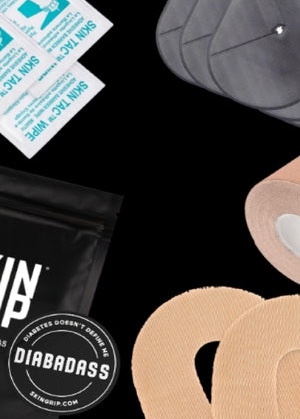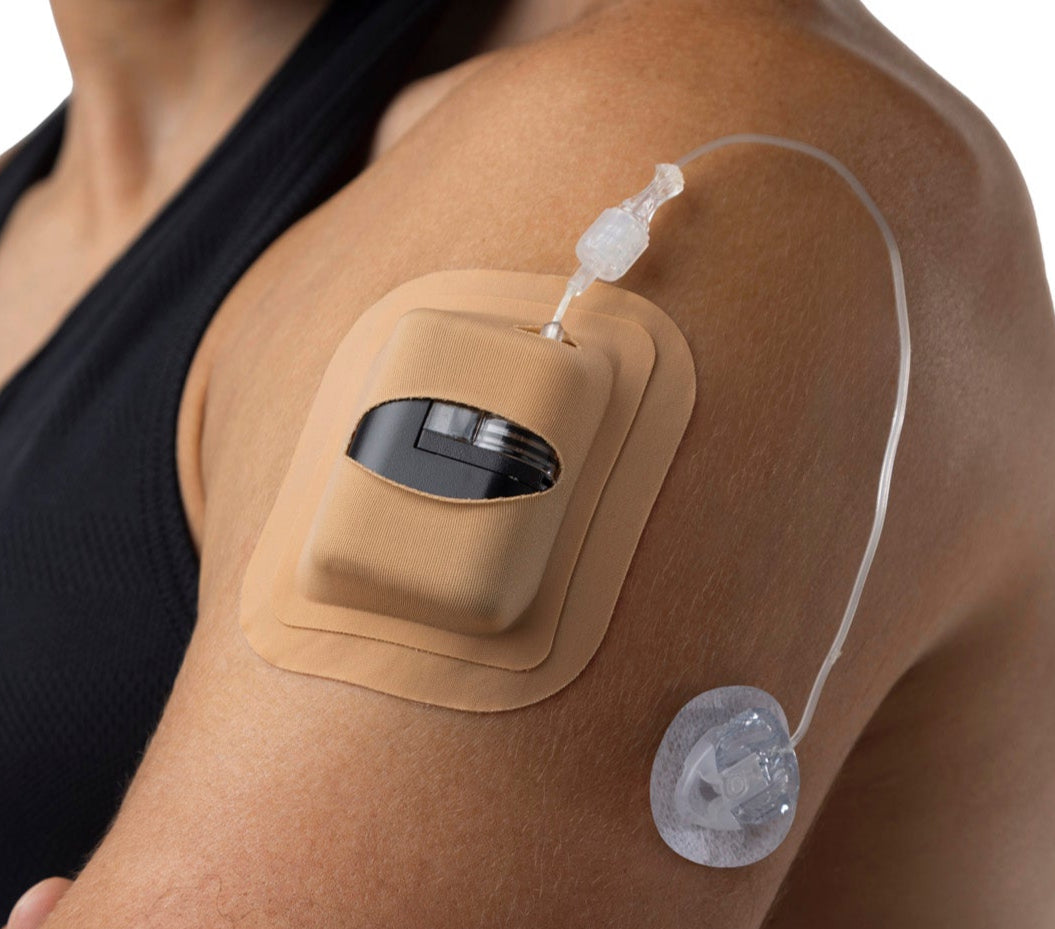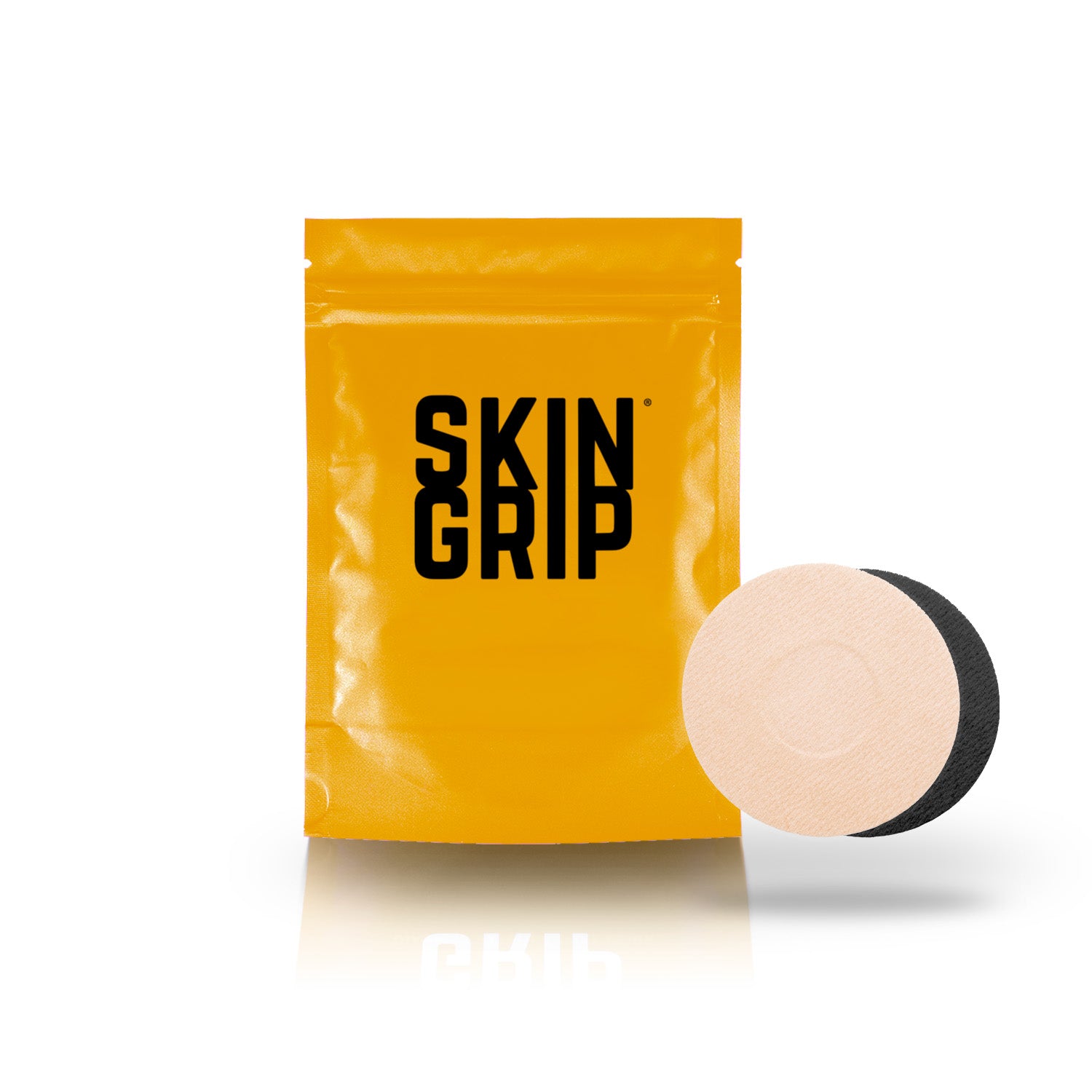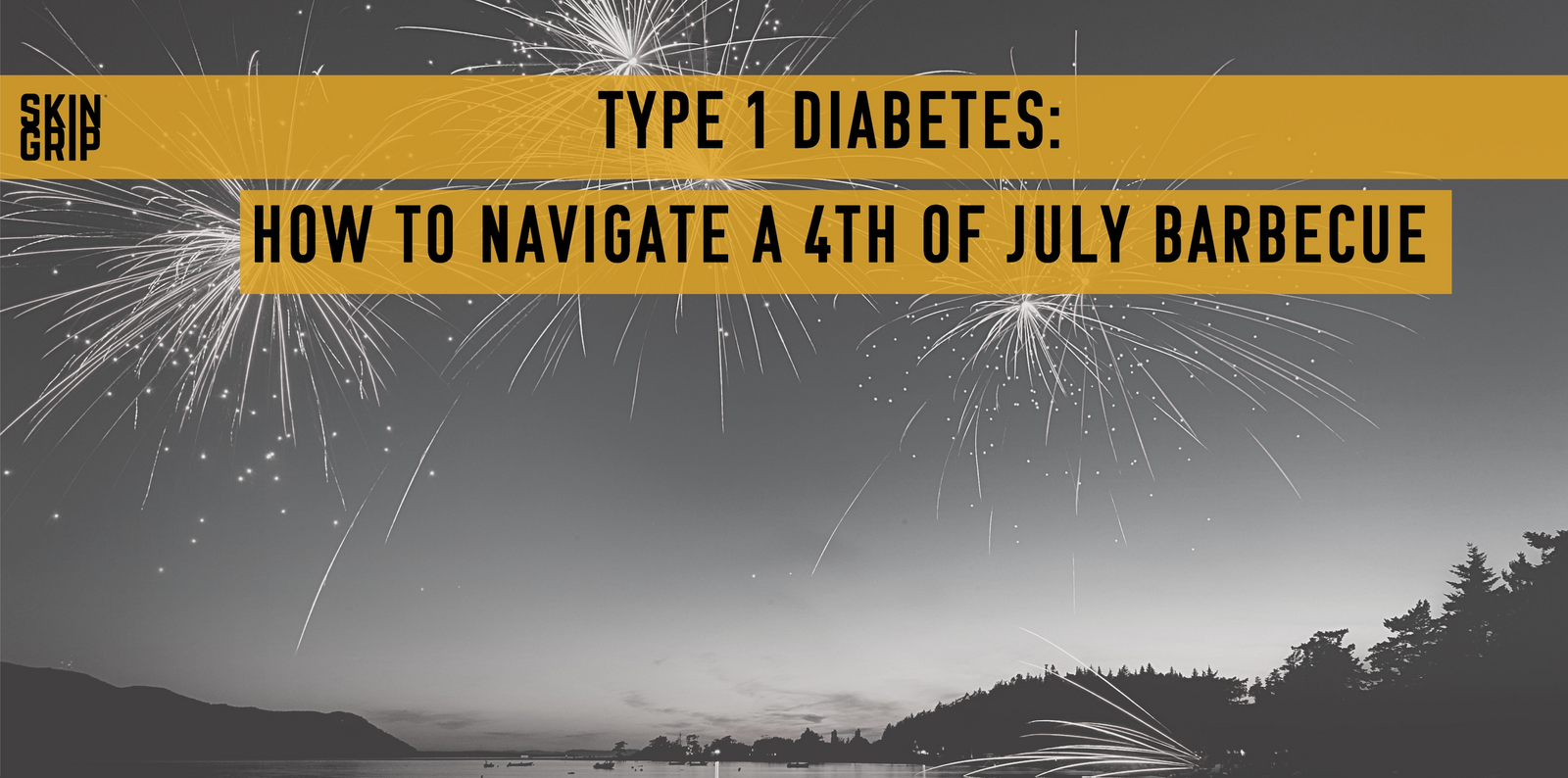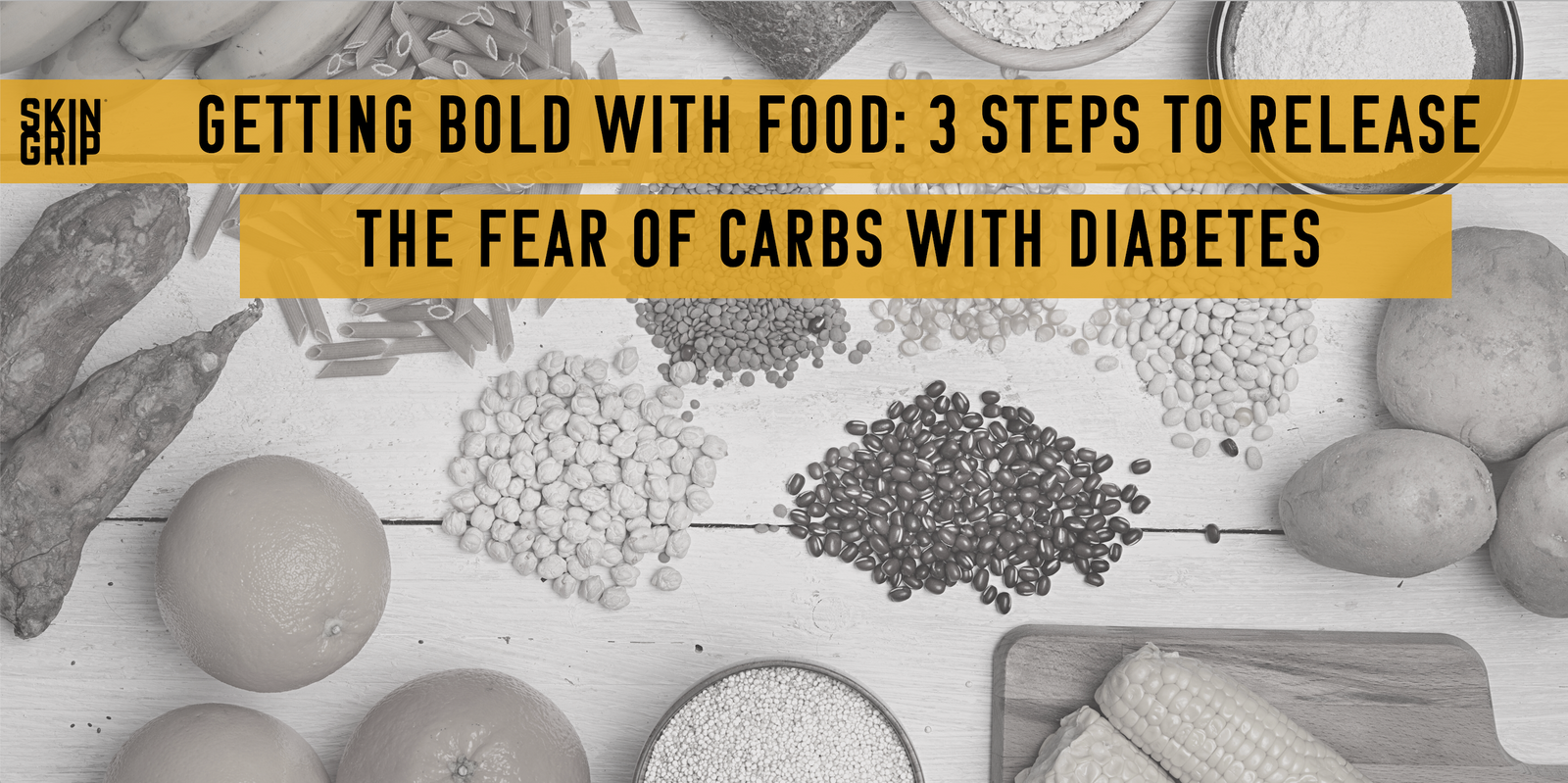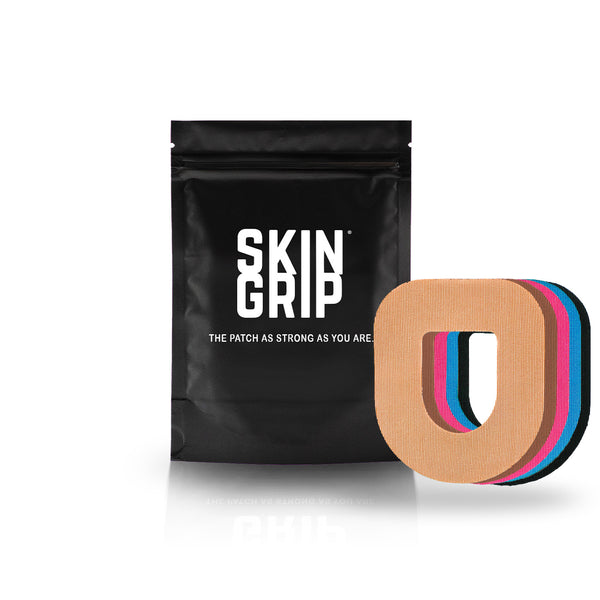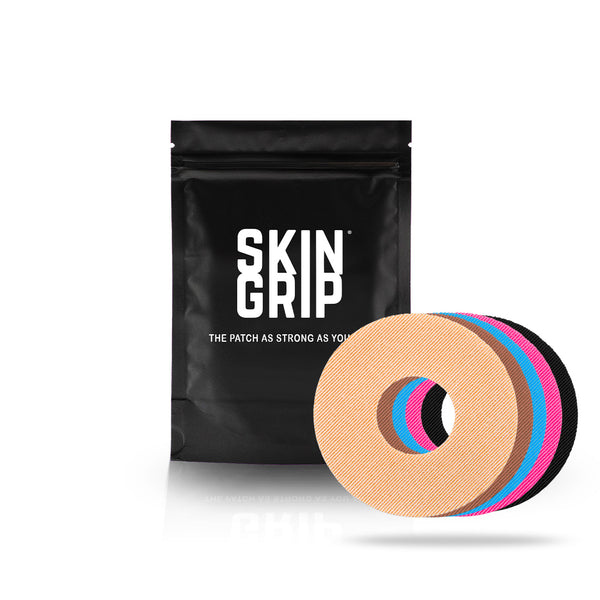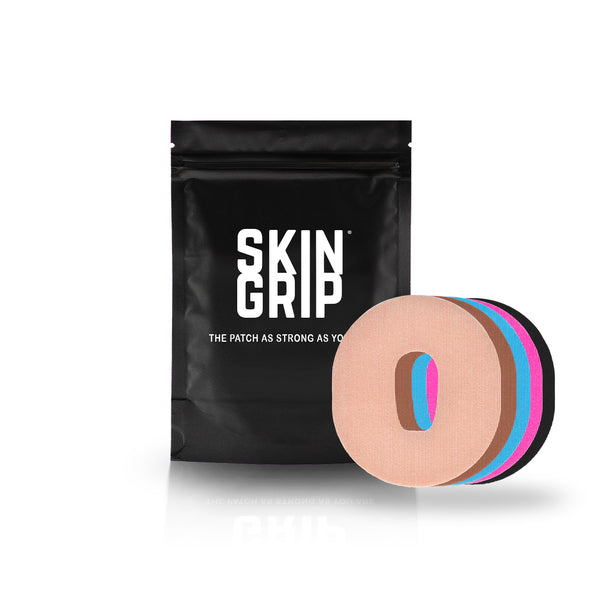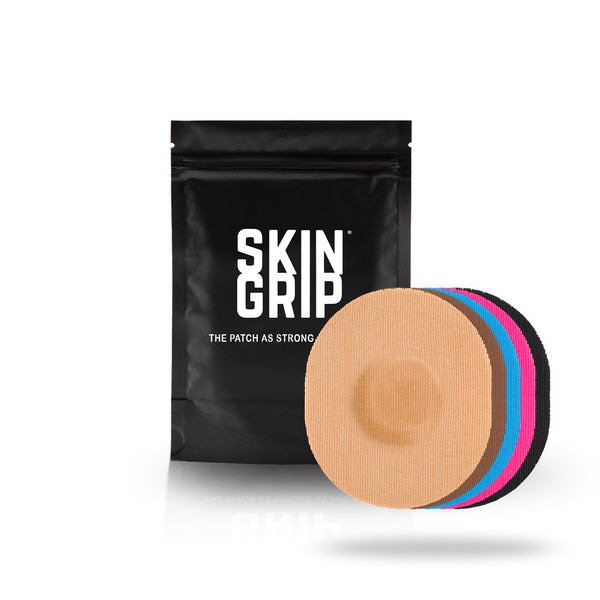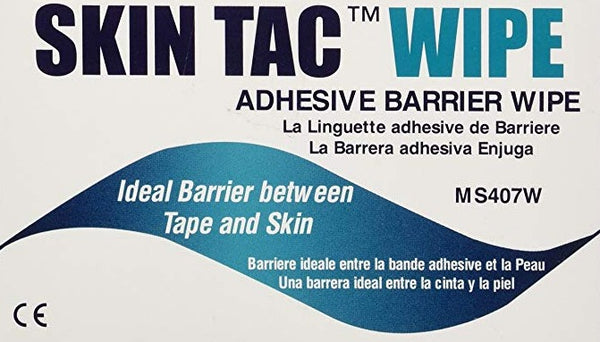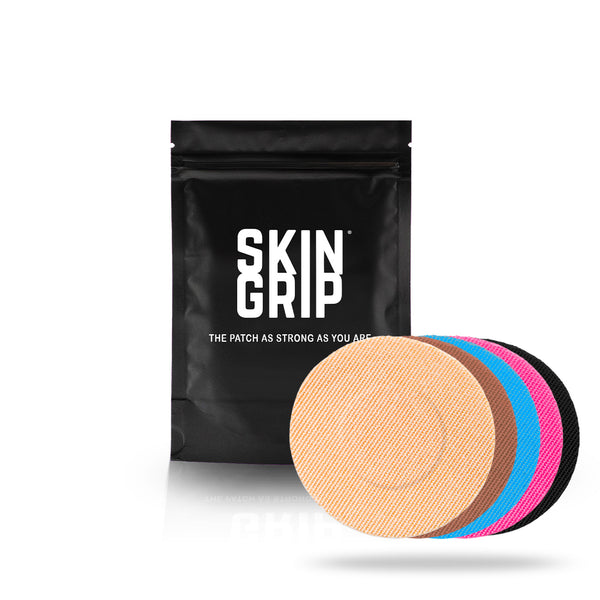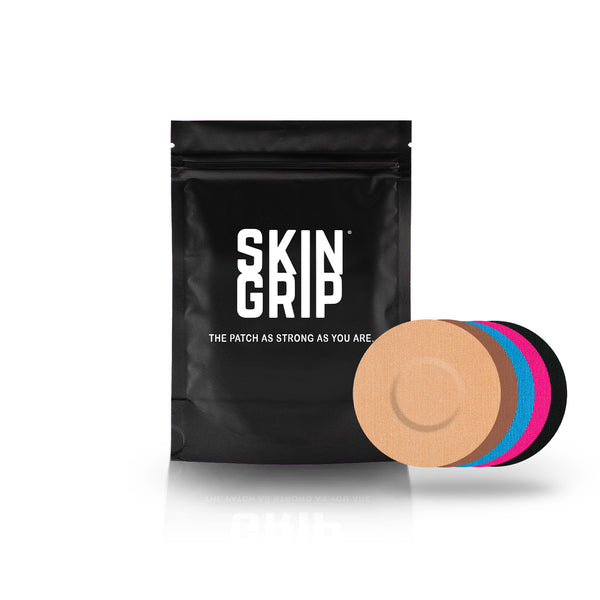 (RitaE / pixabay)
(RitaE / pixabay)
If you have walked through the grocery store recently, you may have noticed the explosion of plant-based and vegan options. Plant-based burgers, vegan cheeses, and non-dairy milks are now stocked in most every grocery store in the country.
As a lifestyle, plant-based diets are growing in popularity for a variety of reasons. Some people may adopt plant-based diets for ethical reasons as a way to avoid factory-farmed meat. Others may like the diet for health reasons, as limiting themselves to plant-based foods can help eliminate junk food from their diet (until they discover vegan pork rinds, that is).
The Health Benefits
Whatever the reason, there are many health benefits to a vegan diet. Vegans are generally less likely to develop conditions like heart disease, type 2 diabetes, and some cancers. Because of the difficulty of studying causal relationships between diet and overall health, it is unclear exactly why vegans are at a lower risk for these conditions. One explanation is that a vegan diet generally excludes the unhealthiest foods prevalent in modern society, particularly fast food. For people with diabetes, a vegan diet may help regulate blood sugar effectively.
Do Your Homework
If you are interested in adopting a vegan lifestyle, research is key. The more information you have about your dietary needs, the better. If you have access to one, working with a certified dietitian is a great way to ensure your diet is healthy and sustainable in the long term. If a dietitian isn’t an option, a wealth of information is available across the web. Be sure that the information you use to plan your diet is evidence-based to get the best possible information about your body.
Track Nutrients
In order to remain healthy, you will have to track your overall nutrients, particularly protein and fat. While fruits and vegetables are frequently high in carbohydrates, protein and fat are more sparing. This is a problem for diabetics, who typically try to avoid carbohydrates. Be mindful of choosing foods with a low glycemic index to avoid sudden blood sugar spikes. Nuts and seeds are full of protein and healthy fats, so plan on making them a staple in your diet. Protein can also be found in legumes like peas, beans, and lentils, or quinoa. Eat a wide variety of high-protein plants to give your body plenty of complete proteins.
In addition to tracking your macronutrients (carbs, fats, protein), you should also be mindful of your micronutrient intake. While everyone can benefit from identifying potential deficiencies in their diet, vegans are particularly at risk for certain nutritional deficiencies. Some essential human nutrients are not available in plants, so vegans must rely on supplementation to keep their bodies healthy. Vitamin B12 is one of the most important supplements to take, as B12 is only available in animal-based foods and cannot be made by the body. Vitamin D3, Calcium, Iron, Vitamin A, and Zinc are a few other nutrients frequently supplemented to plant-based diets. A good multivitamin can help supplement many of these common deficiencies. Occasional checkups with your doctor can also clue you in on any potential supplements you should consider.
People with active lifestyles may consider supplementing their macronutrients too. Protein powder isn’t just for bodybuilders anymore. Because athletes require extra protein for recovery after physical activities, eating enough plant material to meet that need sometimes feels overwhelming. Vegan protein powders or supplements like nutritional yeast are a great way to add a few extra grams of protein into a vegan diet.
A Caveat
While plant-based diets may help lower your A1C and improve other symptoms of diabetes like insulin resistance, plant-based diets are not necessarily a cure for diabetes or pre-diabetes. If executed poorly, a high-carbohydrate vegan diet may even make managing blood glucose levels more difficult.
It is important to monitor your blood glucose closely while making the switch to a plant-based diet to ensure that your body is responding well. For people with sensors like the Dexcom G6 taped to their arms, you can use your smartphone app to see if your new meals cause any unusual spikes in your blood glucose. If you still use a manual device, keep a log for the first week or two in case you notice any abnormal changes.
The Takeaway
Going plant-based is a great way to find a sustainable, ethical diet. While some may joke about the lifestyle, a conscientious style of eating is something we can encourage for everyone, whether they choose to solely eat plants or not. People with diabetes are often forced to become more conscientious of their diet anyway, as we count carbs, calculate macro ratios, or wonder how high dessert is going to shoot our blood sugar. Veganism offers another dimension for us to consider for a variety of reasons, such as health, the environment, or the ethics of raising livestock. Whatever we end up eating and whatever the reason, we just hope it’s delicious.

